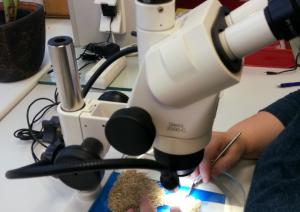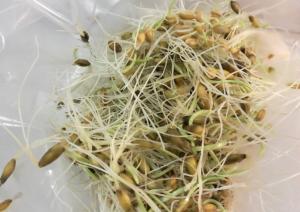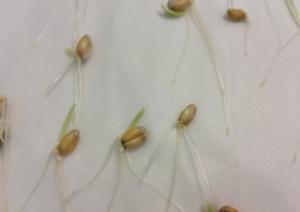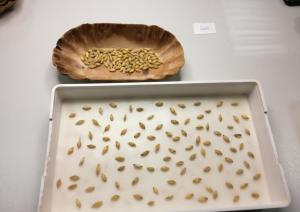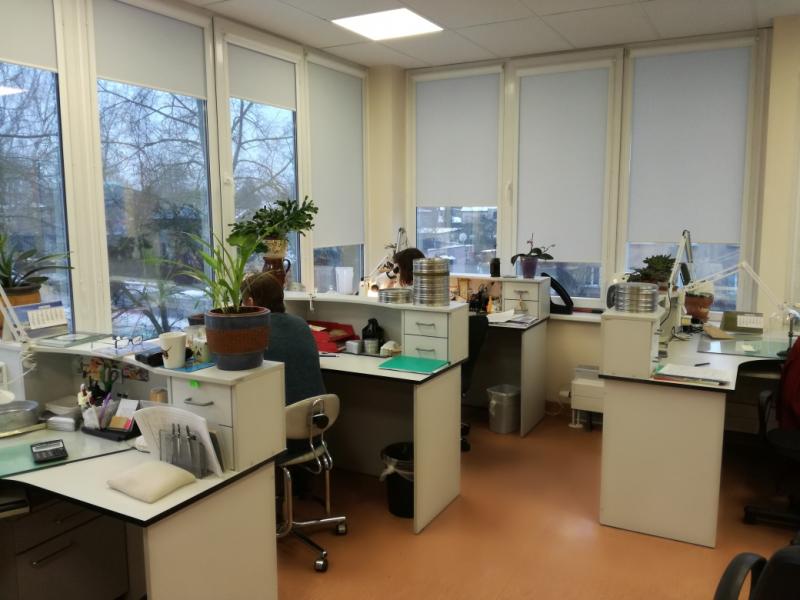The National Seed Control Laboratory (NSCL) of the State Plant Protection Service was granted the status of an International Laboratory on 1 October 1996 by the International Seed Testing Association (ISTA). On 17 December 1999, the first ISTA international audit was carried out to assess the laboratory's conformity, as a result of which on 9 May 2000 the NSCL was granted international accreditation and the right to issue ISTA certificates.
NSCL is the only seed control laboratory in Latvia with the right to issue ISTA certificates, thus providing Latvian seed growers with the opportunity to sell seed material not only in the European Union, but in other parts of the World as well.
NSCL provides high quality services that meet the international standards in average seed sampling and analysis of qualitative properties of seeds, both for seed batches for certification and for samples submitted by customers.
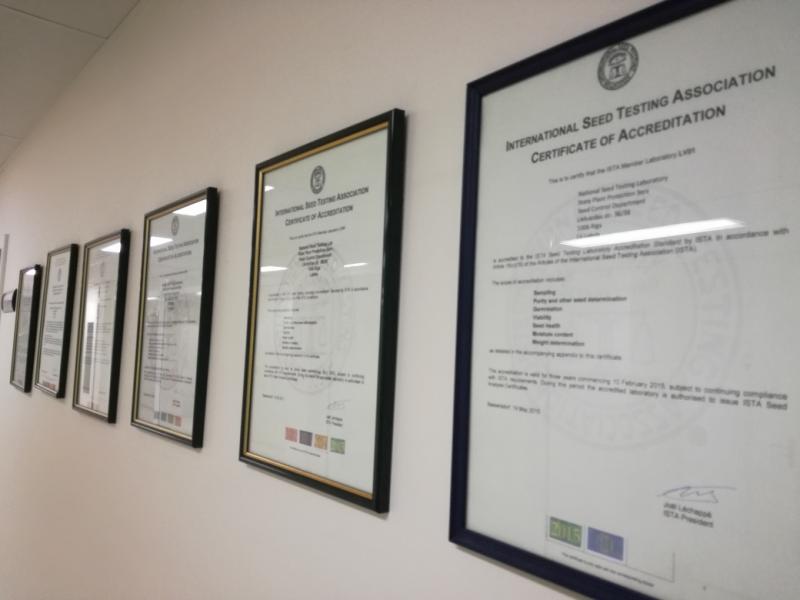
Services
NSCL provides paid services to both legal entities and private individuals. Information on the services and the prices is available in Annex 2 (items 1 to 5) of the State Plant Protection Service’s price list for paid services (in Latvian).
Seed sampling
The accuracy of the analysis depends on how carefully the seed sample is taken and how well it represents the quality of the whole batch of seed.
Seed can be sampled:
- For seed certification - for obtaining a seed certificate, a seed certificate supplement, at the request of the seed grower, by a State Plant Protection Service inspector qualified as a sampler or ISTA sampler. Samples may also be taken using an automatic seed sampler approved by an ISTA accredited laboratory.
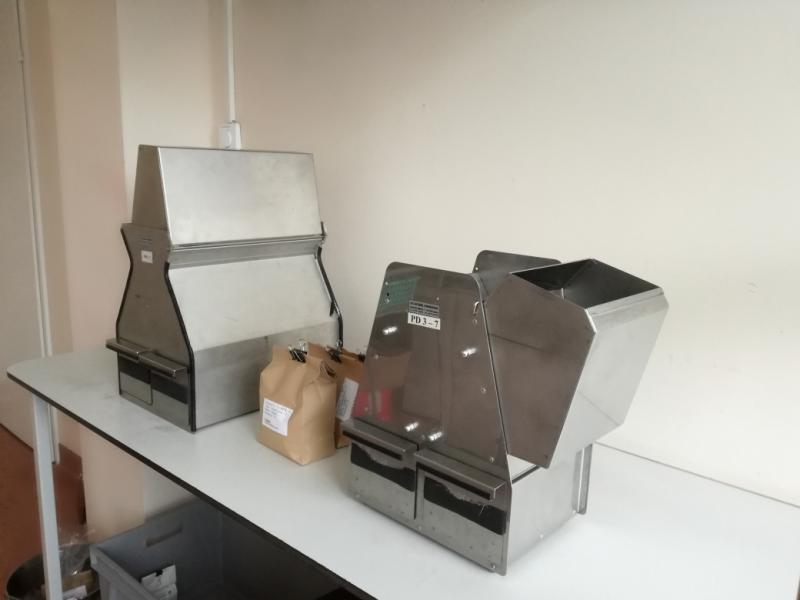
- For obtaining an ISTA certificate - only by ISTA sampler;
- For the examination of seed material at the request of the customer, for obtaining the report "Seed Evaluation Results", the samples may be collected:
by State Plant Protection Service inspector at the customer's request, provided that the guidelines below are followed:
-
the State Plant Protection Service inspector should be contacted to arrange sample collection;
-
at the storage location of the seed material, the seed packages must be positioned so as to allow easy access to each individual package or part of a seed batch;
by the customer, provided that the guidelines below are followed:
- the requirements of the sampling methodology (read in Latvian) should be followed as closely as possible, ensuring that the seed is taken from different parts of the seed batch;
- a sample of an appropriate size, depending on the species to be analyzed, should be collected (information about sample sizes in Latvian);
- if a sample for moisture content is also required, it should be packed in an airtight container (e.g. a durable plastic bag) to prevent moisture changes during transport; care should be taken to ensure that as little air as possible remains in the container;
- a 'Request for taking a seed sample, analysis and labeling' must be filled out;
- the sample taken must be sent to the laboratory for analysis without delay, within three working days of sampling at the latest; until delivery, the sample must be stored in similar conditions to those in which the seed batches are kept;
Analysis of seed samples
For evaluating the quality of the seed sample, the following methods of analysis are used: purity of the seed, admixture of the seed of other plant species, germination, viability, moisture content, pest infestation, weight per 1 000 seeds, presence of wild oat. The laboratory also tests seed mixtures (percentage of species and germination) and, depending on the client's wishes, can also carry out seed health tests




